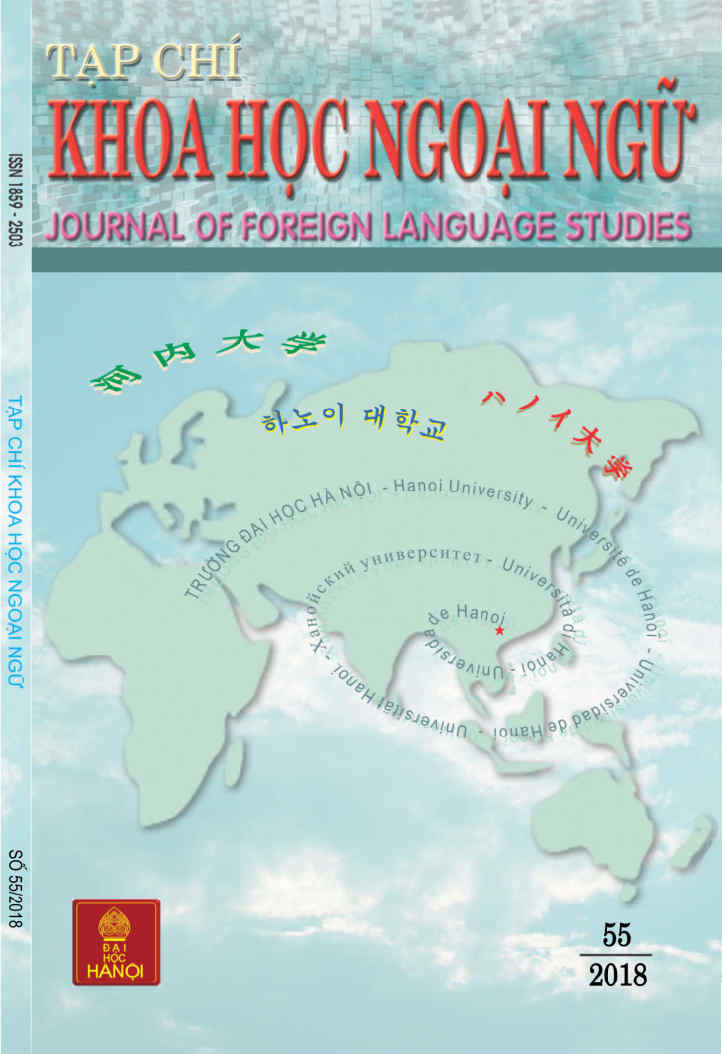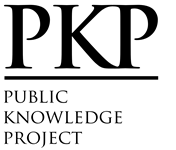PHENOMENOLOGY AND CRITICAL THEORY IN THE UNDERSTANDING OF TEACHER-STUDENT RELATIONSHIP IN THE CLASSROOM
DOI:
https://doi.org/10.56844/tckhnn.55.579Keywords:
qualitative research, phenomenology, critical theory, teacher power, teacher-student relationship, VietnamAbstract
This article aims to provide detailed accounts of phenomenology and critical theory, and discusses the teacher-student relationship in light of the two perspectives. While phenomenology focuses on individuals’ experiences and how they interpret their meaning to phenomenon, critical theory looks at the big picture at a macro level. In the topic of teacher and student relationship, the phenomenology approach highlights the personal perceptions and experiences of teachers and students on the topic and how their thoughts affect their relationship in the classroom. On the other hand, critical theory tends to look at the disadvantages of students as powerless enterprise in the classroom and their conflict handling behaviors in order to bring transformation to them, their schools and society as a whole. The topic of teacher and student relationship is then examined in the context of Vietnam, where the distribution of social power and knowledge between teacher and student is asymmetrical.






